The First Telephone in the World: Who is Inventor and Facts
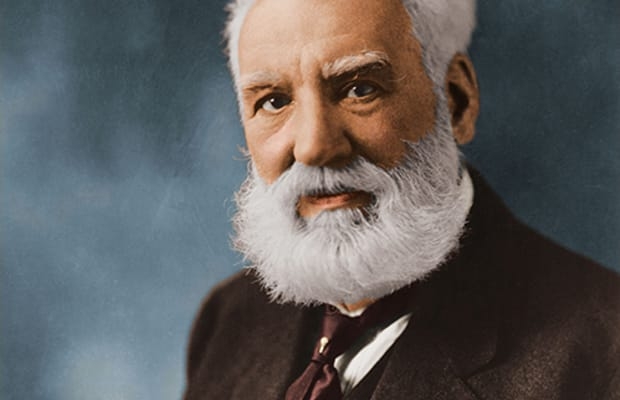 |
| Alexander Graham Bell. Photo: Biography |
Who is Alexander Graham Bell - Credited with Inventing the Telephone?
The telephone is Alexander Graham Bell's most famous invention. While visiting his hearing-impaired mother in Canada, he had the idea for "electronic speech" while working as a deaf teacher in the United States. As a result, he created the microphone and later the "electrical speech machine" (his term for the first telephone), both of which were innovations.
On March 3, 1847, Bell was born in Edinburgh, Scotland. His stay at the University of London, where he had enrolled to study anatomy and physiology, was cut short when his family emigrated to Canada in 1870. His parents thought that the best way to save their final child was to leave England because they had already lost two children to disease.
Bell created a wheat-cleaning machine when he was eleven years old. Later, he claimed that if he had even a passing understanding of electricity, he would have been too disheartened to create the telephone. Everyone else "knew" that voice signals couldn't be sent over a wire.
He was working in a Boston electrical shop when he heard the sound of a spring being plucked along 60 feet of wire as he was trying to develop a technique for sending numerous signals on a single wire. One of Alexander Graham Bell's assistants, Thomas A. Watson, was attempting to restart a telegraph transmitter. Bell thought he could fix the issue of transmitting a human voice over a wire after hearing the sound. He initially discovered how to transfer a straightforward current, and on March 7, 1876, he was granted a patent for that discovery. Actual speech was transmitted by him five days later. He said the now-famous words, "Mr. Watson, come here," into the phone while seated in one room while his assistant was in another. I require you. One of the most valuable patents ever granted is the one for the telephone.
In addition to his home's forerunner to modern air conditioning, Bell made contributions to aviation technology and, at the age of 75, received his final patent for the fastest hydrofoil ever created.
Bell was devoted to advancing technology and science. As a result, in 1898, he became the president of the National Geographic Society, a tiny, almost unknown scientific organization. Bell and his son-in-law, Gilbert Grosvenor, transformed National Geographic into one of the most well-known periodicals in the world by adding stunning images and engaging prose to the society's drab journal. In addition, he helped start Science magazine.
On August 2, 1922, Bell passed away. All US telephone service was suspended for one minute on the day of his funeral.
The First Telephone Ever in History
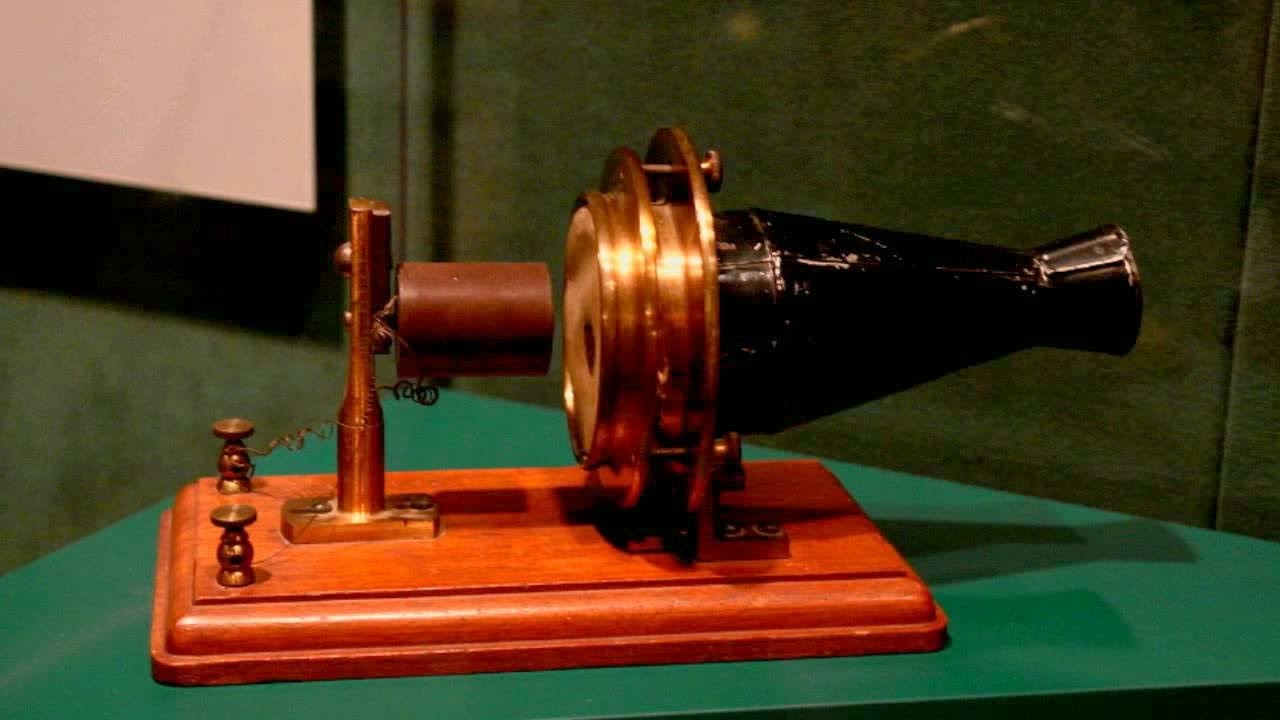 |
| Photo: Youtube |
Bell began developing the harmonic telegraph, a device that allowed several messages to be sent over a wire concurrently, in 1871. Bell became fascinated with figuring out how to broadcast human voice across wires while working to improve this technology, which was supported by a group of investors.
By 1875, Bell and his business partner Thomas Watson had developed a straightforward receiver that could convert electrical energy into sound.
There is significant disagreement over who should be given credit for the development of the telephone because other scientists, such as Antonio Meucci and Elisha Gray, were working on comparable technologies. Bell reportedly hurried to the patent office to obtain the discovery's patents as soon as possible.
Bell received approval for his telephone patent on March 7, 1876. A few days later, he purportedly said the now-famous words, "Mr. Watson, come here," during the first-ever phone call to Watson. I need you.
The First Commercial Telephone Exchange
The District Telephone Company of New Haven established the first commercial telephone exchange in history on January 28, 1878, in the Boardman Building in New Haven. George Coy, a veteran of the Civil War and the manager of the telegraph office, along with Herrick Frost and Walter Lewis, came up with the idea for the exchange.
Telephones, which Alexander Graham Bell invented in 1875, were previously owned by private individuals or corporations that rented telephones in pairs to connect, for instance, a person's home with a business.
Additionally, telegraph contractors needed to be hired to string the wires between the two locations. Each subscriber gained the benefit of needing to purchase only one phone in order to connect to a theoretically endless number of other subscribers when Coy invented a crude telephone switchboard that allowed a central office to link many people.
Using wire, carriage bolts, handles from teapot lids, and other extra parts, he constructed the switchboard. Each of the exchange's initial 21 members paid $1.50 a month. All calls went through the central office, where a phone operator put the caller in touch with the person they were trying to reach. Before the 1920s, direct dialing and phone numbers were uncommon.
Soon after, on February 21, 1878, Coy's business printed what is now recognized as the first telephone directory, marking another significant global first. The directory was a one-page brochure that listed 50 people and businesses in New Haven. One of two known surviving copies of the directory is held by the University of Connecticut Libraries. Coy, Frost, and Lewis are among the names on the list of residential subscribers. The Southern New England Telephone Company was the previous name of the District Telephone Company of New Haven until 1882.
Bell's Inventions and AccomplishmentsOver the course of his career, Bell worked on countless other projects besides the telephone and was awarded patents in numerous industries. His other famous creations included: Bell invented the metal detector to find a bullet within the body of slain President James A. Garfield. Photophone: A beam of light might be used to transmit voice with the photophone. Graphophone: This upgraded phonograph could both record and playback audio. This device, an audiometer, was used to identify hearing issues. Bell received the French Volta Prize in 1880, and with the money he received, he established the Volta Laboratory in Washington, D.C., an institution dedicated to scientific research. Bell collaborated with renowned author and activist Helen Keller and developed a number of methods to aid in the teaching of speech to the deaf. He was also involved in the founding of Science magazine and presided over the National Geographic Society from 1896 to 1904. |
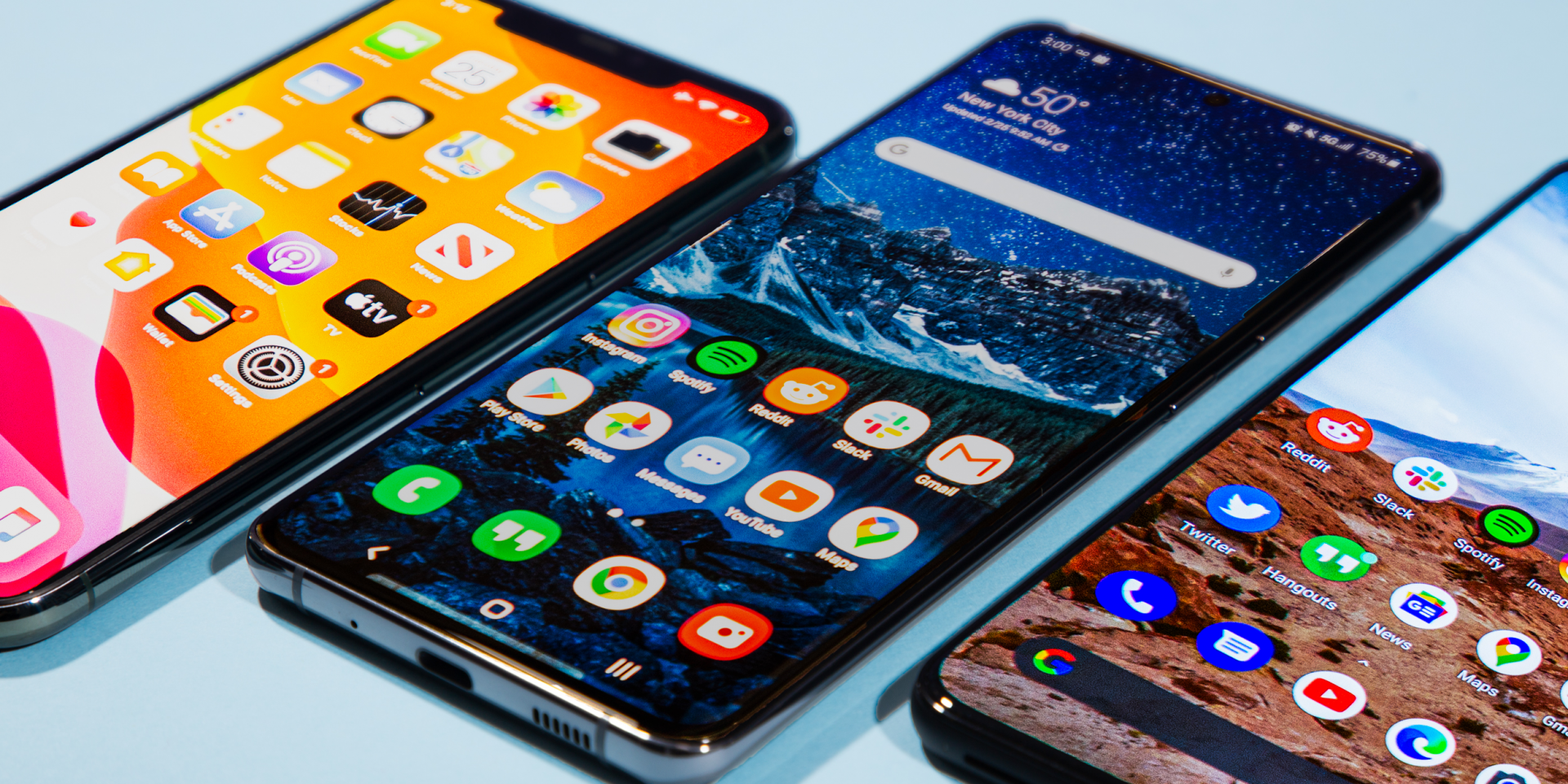 Top 9 biggest smartphone companies in the world Top 9 biggest smartphone companies in the world Today, customers can choose from a wide range of smartphones available in the market. Knowinsider is happy to introduce the top 9 biggest smartphone companies ... |
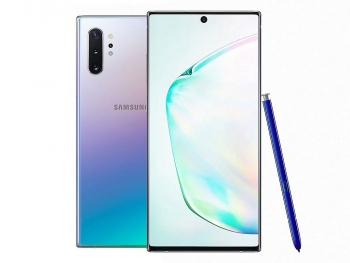 Top 9 World's Most Popular Smartphone Brands in 2020 Top 9 World's Most Popular Smartphone Brands in 2020 With an increment of sales in mobile phones, the competition within the mobile brands is also increasing. Every person wants a smartphone with the best ... |
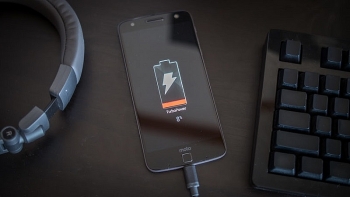 7 useful tips to help you save smartphone battery 7 useful tips to help you save smartphone battery Until someone invents a better battery, it's worth reminding smartphone owners that a little power management goes a long way. While some of these tricks ... |


























